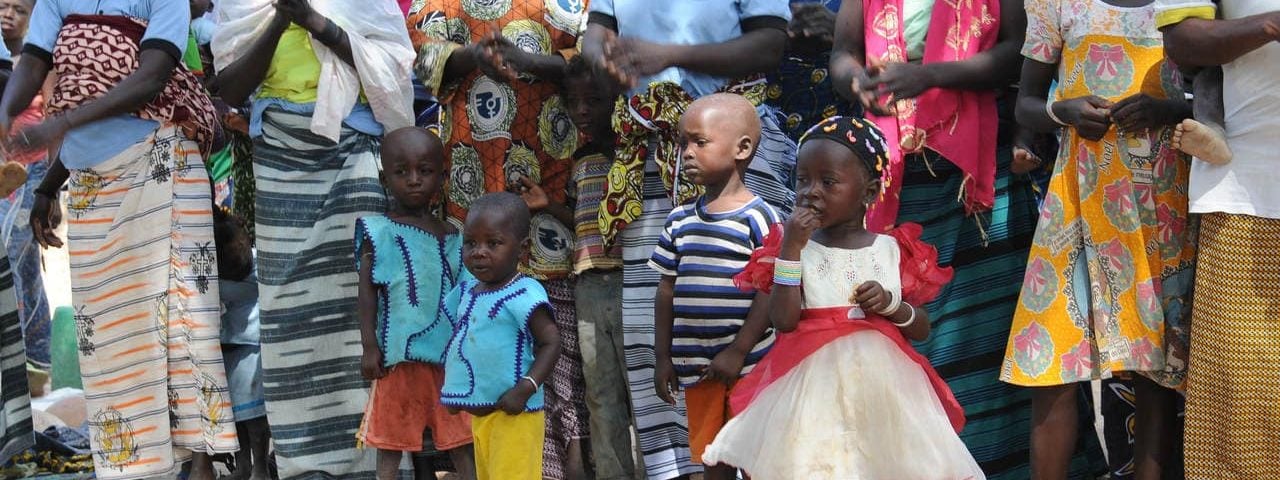
Prevention Is the Best Tool for Fighting Malaria in Cameroon
11 of June of 2020
More than 400,000 people die from malaria each year worldwide, 94% of them are on the African continent, and 67% are under five years old (WHO). Despite the alarming numbers, though, we know there is room for optimism. This area of the world has also achieved a higher reduction in deaths, 85% since 2010, to be exact, which translates into 180,000 fewer deaths.
In addition, a malaria vaccine was introduced in Ghana, Kenya, and Malawi in 2019 as part of a WHO-coordinated pilot program for children. This shows that the work is paying off and that we cannot stop fighting it because of the Covid-19 pandemic just to lose all of the ground that has been gained in recent years.
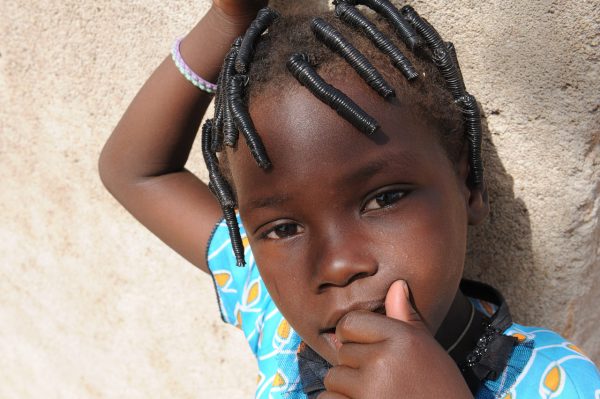
For anyone who doesn’t know, malaria is an acute febrile disease caused by parasites of the Plasmodium genus, and it is transmitted by mosquito bites. Its first symptoms are fever, headache, and chills, much like the flu, which complicates early diagnosis. Delayed diagnosis and treatment can cause severe anemia, respiratory distress related to metabolic acidosis, or cerebral malaria in children, while multiorgan involvement is also common in adults. For all populations, infection may result in death.
More than 1,200 beneficiaries
In this regard, with the support of Ferrovial Services, we can carry out the “Scholarships Against Malaria” project in Cameroon to fight the disease. This initiative consists of partnering with schools for malaria awareness and prevention, and with it, more than 200 boys and girls and teaching staff from primary schools in Obout and Nkol Ekong in southern Cameroon will be able to benefit from this project. Its impact goes even further, reaching more than 1,200 people when immediate family members are taken into account.
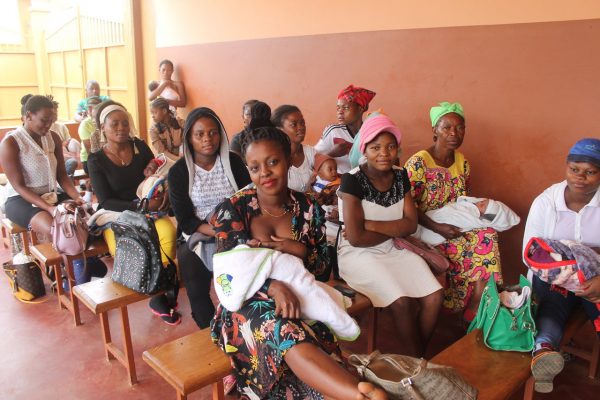
As Sister Linda Abicha told us, from the local party responsible for one of the schools, the type of malaria that is primarily seen in this area of Cameroon is “Plasmodium falciparum,” which is especially aggressive because its rate of reproduction in the blood is daily, and patients suffer from fever each day, along with all of the accompanying symptoms. As such, the rate at which the disease develops in the individual is rapid, and its evolution is dangerous.
At the health center, two types of medical treatment are offered: either for simple malaria or complicated/later-stage malaria. Treatment is always carried out after “thick film” diagnostic testing, which enables confirmation of the presence of the parasite in the blood.
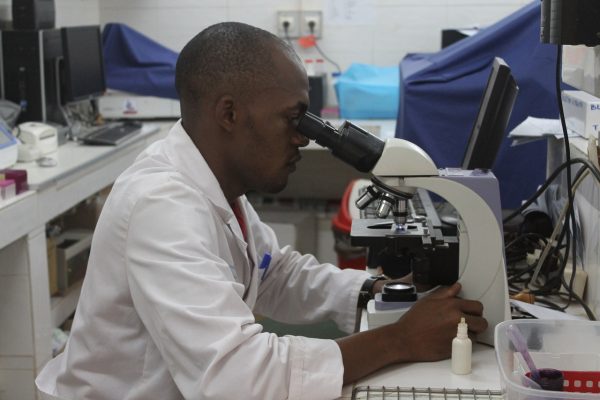
But there is something equally or even more important: awareness. Lack of training and financial means prevents quick access to treatment, which is why sessions for raising awareness are so important: they allow us to react more effectively. It is necessary to continue with this dynamic because we still find ourselves in terrible situations due to ignorance and lack of information.
As such, we allocate funds to raising awareness in schools with informational workshops for parents so that they and the teaching staff can potentially identify the disease at the first sign and treat it in time. The project also offers a prevention kit that includes mosquito nets, which can reduce infection by up to 50%.
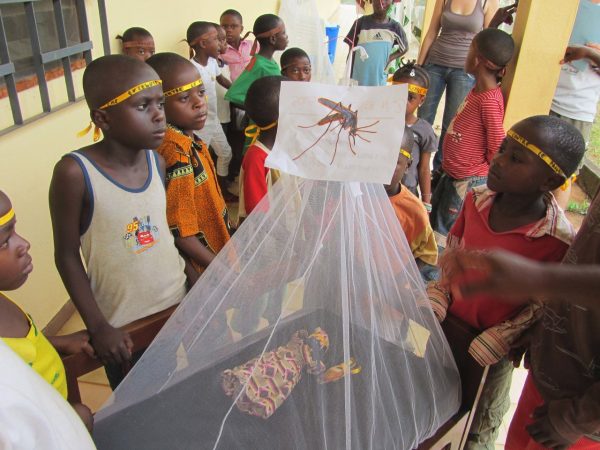
The initiative also covers healthcare for students and teaching staff who need to be treated for malaria, even treatment with hospitalization in the most serious cases.
The fight continues in the time of Covid-19
Without a doubt, the appearance of Covid-19 has totally changed our daily lives, and we’ve also had to adapt our projects. For example, the closure of schools involved as a measure to stop the virus is an added difficulty since the detection campaigns have had to be put on pause. Nevertheless, all of the positive cases that have already been detected in Cameroonian children will be properly treated through recovery. As soon as the situation allows, we will continue awareness campaigns and diagnostic tests in schools.
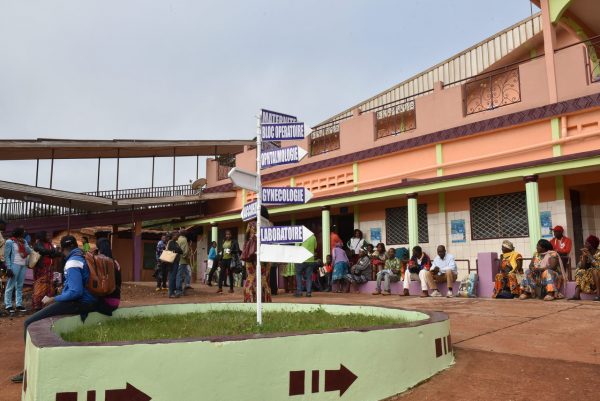
One of the WHO’s latest reports on malaria includes a section on anemia related to this condition; if left untreated, this condition can cause death, especially among at-risk populations. In fact, every two minutes, a child under the age of 5 dies from malaria in sub-Saharan Africa. However, when diagnosed in the early stages and treated with effective drugs, malaria can be serious but is rarely fatal. It is therefore necessary to make sure that those affected go to a medical center with the proper diagnostic methods and treatment.
The fight against malaria thus continues, despite the advent of other pandemics. The difficulties are greater now, and perhaps there are more immediate risks that must be faced. Still, other infectious diseases like malaria – which is still lethal on the continent after years of fighting it – should not be forgotten.





There are no comments yet